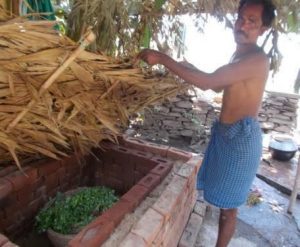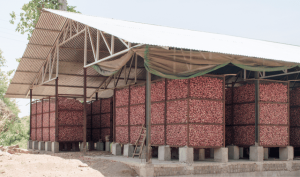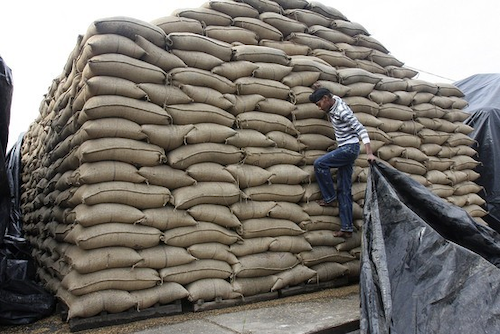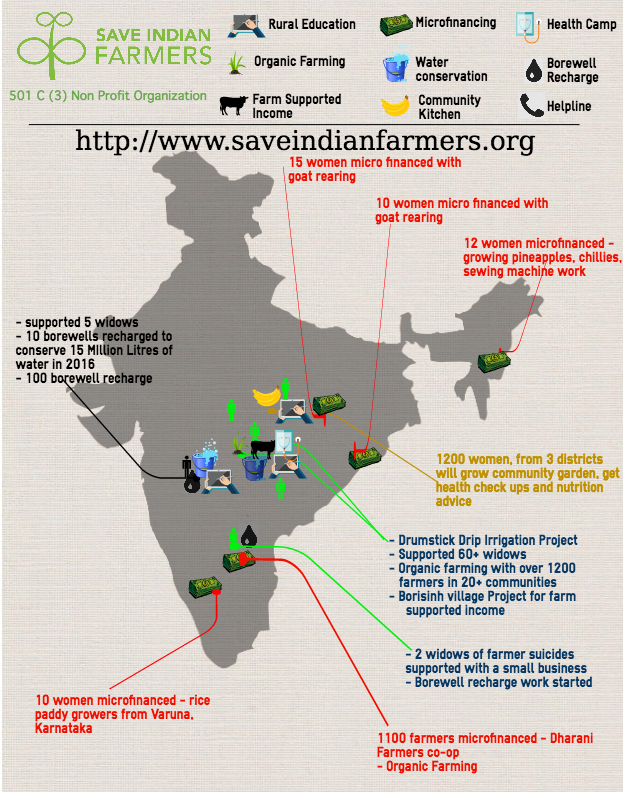Read full report on Farm Produce Storage solutions SIF report on Food storage
This report by Save Indian Farmers, emphasizes the critical role of storage in preserving agricultural products from production to consumption. Effective storage is essential for ensuring a continuous flow of goods in the market, stabilizing prices, and providing higher returns to farmers. It contributes to national and nutritional food security by supplying food grains for the public distribution system and producing value-added products. It also talks about the post-harvest losses of major crops and commodities in India, stressing the need for effective storage solutions.
Proper food storage minimizes post-harvest losses, which can account for 10 to 33 percent of total food grain losses in India, caused by unscientific methods, pests, and microorganisms. The report highlights the importance of maintaining the quality of perishable and semi-perishable products through appropriate storage facilities to avoid economic losses and ensure food safety. It also underscores the necessity of processing fruits and vegetables to meet domestic and export market demands.
Furthermore, the report also discusses the impact of insufficient storage facilities, which can lead to high price volatility, inferior quality products, and loss of income for farmers. This situation negatively affects all stakeholders, including producers, market participants, and consumers. This puts pressure on the public food distribution system, leading to high inflation, hunger, malnutrition, and health issues among marginalized populations. The quality of stored grains is evaluated based on moisture content, color, odor, cleanliness, and infestation.
There are existing storage solutions which include facilities provided by the Central Warehousing Corporation, State Warehousing Corporations and the Food Corporation of India, as well as private cold storage facilities and indigenous cold chambers. Government schemes support the installation of processing units. This helps farmers store and maintain the quality of their produce which minimizes post-harvest losses and produce value-added products. The report highlights the benefits of these storage solutions for farmers, including the ability to sell produce at the best price and contribute to food security.
In addition to storage, processing perishable farm produce is crucial to extend shelf life and increase returns. Processed products such as dried vegetables, fruit juices, and pickles have high demand in both domestic and export markets. The integration of technology, such as moisture sensors, further enhances the quality and longevity of stored produce. The article also educates readers with various solutions that researchers propose to improve farm produce storage, such as proper pest management, timely harvesting, adequate cleaning and processing, and the use of solar dryers.
Processing challenges include untimely rains, high investment costs for cold storage and processing plants, and limited knowledge of technology among farmers. Moreover, the article suggests roles for state and central governments, NGOs, and private entities in creating awareness, providing training, and building partnerships to enhance storage infrastructure. Successful examples of storage facilities in India include government and private warehouses, rural godowns, cold storage facilities, and sun dryers for leafy vegetables.
Overall, appropriate storage and processing facilities are indispensable for reducing post-harvest losses, ensuring food security, and providing economic benefits to farmers.
Read full report on Farm Produce Storage solutions SIF report on Food storage
_______________________________________________________________________________
Author:
Namita Gawde,
Volunteer, Save Indian Farmers









